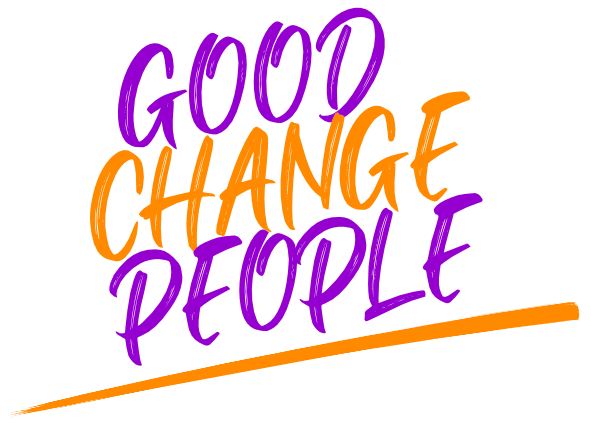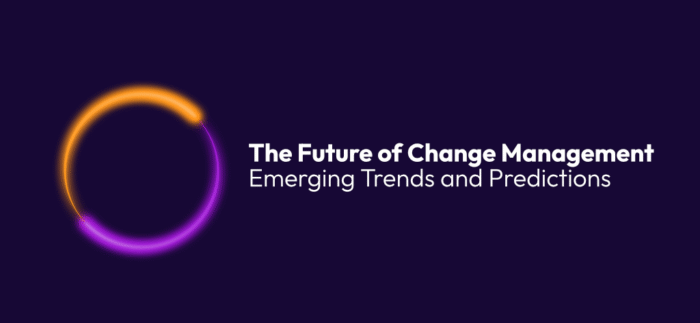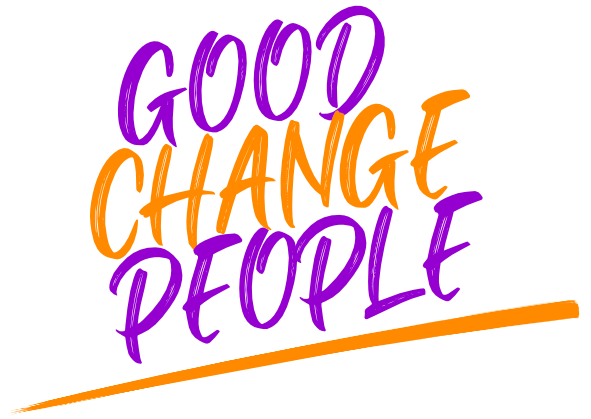Change management has evolved dramatically over the past decade, and the pace of transformation shows no signs of slowing. As we look toward the future, several key trends and innovations are reshaping how organisations approach change, driven by technological advances, shifting workforce expectations, and new understanding of human behaviour.
Here are our top 10 current emerging trends and predictions within the change management environment.
- Artificial Intelligence: The Game Changer
AI integration in change management enables real-time sentiment analysis, adaptive communication strategies, and data-driven decision-making to improve adoption rates. Machine learning algorithms can now analyse employee behaviour patterns and historical change responses to predict resistance points before they emerge, allowing change managers to proactively address concerns.
Natural language processing is revolutionising feedback collection during change initiatives. AI-powered sentiment analysis can monitor communications in real-time, providing continuous insights into employee morale and enabling rapid course corrections.
Intelligent chatbots and virtual assistants are becoming change management allies, providing 24/7 support to employees navigating transitions with personalised guidance and escalation to human managers when needed.
- Agile Change Management Methodologies
Agile methodologies, which emphasise flexibility, iterative progress, and collaboration, are being increasingly applied to change management, moving away from traditional linear approaches. This shift reflects the reality that change in modern organisations is rarely a one-time event but an ongoing process requiring continuous adaptation.
Agile change management emphasises rapid prototyping of initiatives, frequent feedback loops, and the ability to pivot quickly. Teams work in short cycles, testing small changes before scaling successful approaches. Cross-functional change teams operate with greater autonomy, enabling faster responses to changing conditions.
- Personalisation and Employee Experience
The future of change management is increasingly personalised. Advanced analytics platforms create detailed profiles of how individual employees respond to different types of change, their preferred communication channels, and optimal learning styles. This enables change managers to craft personalised change journeys that maximise engagement.
Micro-learning platforms are replacing traditional training with bite-sized, just-in-time learning modules that adapt to individual progress and preferences, ensuring each person receives the right information at the right time.
- Data-Driven Change Strategies
Recognition of change management’s strategic value is growing, with data becoming key to demonstrating concrete advantages. Organisations are developing sophisticated metrics to measure change readiness, adoption rates, and long-term sustainability beyond traditional surveys.
Predictive modelling enables organisations to simulate different change scenarios and their likely outcomes before implementation. Real-time dashboards provide continuous visibility into change progress, allowing for immediate interventions when initiatives stray off course.
- Digital-First Change Experiences
The pandemic accelerated digital change management tool adoption. Virtual and augmented reality technologies are playing significant roles in change training and communication, providing immersive experiences that help employees visualise new ways of working.
Digital collaboration platforms provide spaces where employees can share experiences and support each other through transitions. Mobile-first approaches ensure change resources are accessible across devices and locations as hybrid work models become permanent.
- Emphasis on Psychological Safety and Mental Health
Future change management practices place greater emphasis on psychological safety and mental health. Organisations recognise that change can be emotionally taxing and are building support systems to help employees manage stress during transitions.
Mental health apps and resources are being integrated into change programs. Trauma-informed approaches acknowledge that some employees may have negative experiences with previous changes and require additional sensitivity and support.
- Sustainability and Purpose-Driven Change
Change leaders are focusing on fostering cultures of innovation, learning, and inclusivity, helping employees understand how their contributions align with broader organisational goals. The future of change management is increasingly connected to organisational purpose and sustainability goals.
Change narratives are evolving to emphasise not just business benefits but positive impacts on society and the environment, tapping into employees’ desire for meaningful work and significantly increasing engagement.
- Continuous Change Capability
Rather than viewing change as discrete projects, organisations are building continuous change capability as a core competency. This involves creating structures, processes, and cultures that can adapt fluidly without requiring major transformation initiatives.
Change readiness is becoming a standard metric monitored continuously. Innovation labs and experimentation platforms allow organisations to test new ideas continuously, building cultures where change is viewed as opportunity rather than disruption.
- The Role of Neuroscience
Emerging neuroscience research is providing insights into how the brain processes change, leading to more effective approaches. Understanding neurological responses to uncertainty and stress is informing change program design that works with natural human tendencies.
Brain-based learning principles are being incorporated into change training, optimising how information is presented and processed for lasting behavioural change.
- The Arrival of New Technologies
Several key developments will likely shape change management further. Quantum computing may enable complex simulations of organisational change currently impossible, allowing unprecedented precision in planning and execution.
Internet of Things (IoT) devices will provide new data sources about how employees actually adapt to changes, moving beyond self-reported measures to objective behavioural indicators. Blockchain technology may enable decentralised change management models with transparent, immutable progress recording.
Preparing for the Future
Organisations should focus on building key capabilities. Technical literacy will be essential as change management tools become more sophisticated. Investment in change management platforms and analytics should be viewed as strategic infrastructure rather than optional tools.
The human skills central to change management; empathy, communication, and relationship building, will become even more important as technology handles routine tasks and human connection becomes the key differentiator.
Final Thoughts
The future of change management is both more sophisticated and more human than ever before. Technology provides unprecedented capabilities for understanding, planning, and executing change, while growing recognition of psychological factors is making approaches more empathetic and effective.
Success will require organisations to embrace both technological innovation and human-centred design principles. The change managers of the future will be part data scientist, part psychologist, and part community organiser, skilled in leveraging technology while never losing sight of the human experience at the heart of all transformation.
As change continues to accelerate, organisations that master these emerging approaches will build competitive advantages through superior change capabilities. The future belongs to those that can change as quickly and effectively as their business environments demand.
If you would like any advice or help on what you have just read or any other aspect of change management there a few things you can do….you can join our community based platform of like-minded change individuals or you can book a free 30-minute consultation today!





